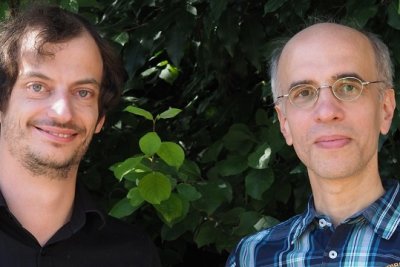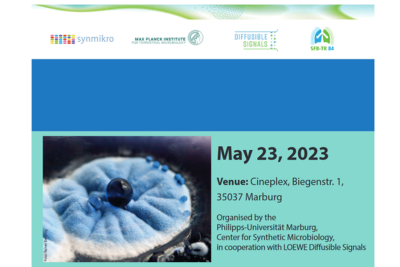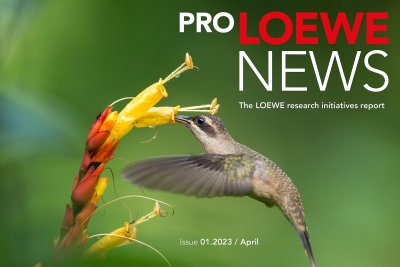Research-Initiatives
Diffusible Signals Impact of diffusible signals at human cell-microbe interfaces

Bacterial infectious diseases are among the most frequent causes of death worldwide. For about 100 years, antibiotics have been available as extremely successful drugs to combat bacterial infections. Due to antibiotic resistance, the most important drugs against infectious diseases are becoming increasingly ineffective. Furthermore, it seems that the development and course of infectious diseases, but also the protection against them, are influenced much more than previously assumed by the interactions of bacteria with each other and with human cells. The goal is to decipher the diffusible signals at the interfaces of microbe-host interaction under physiological and pathological conditions and to derive medical benefits. For this purpose, multi-resistant Gram-negative pathogens were selected as one of the central medical challenges from the perspective of the World Health Organization (WHO), national health systems and industry. The initiative analyzes the diffusible signals in this clinically very important infection process in an integrative manner and with approaches from medicine, bacterial and host biology and withe the use of bioinformatics and artificial intelligence. The results are to be integrated into an overall picture with which medically useful strategies can be developed and tested preclinically. This is currently unique even beyond Germany. "Diffusible Signals" successfully combines the complementary research areas of microbiology and infection biology, computational sciences as well as biochemistry and biophysics.
Partners
- Philipps-University Marburg
- Justus-Liebig-University Giessen
- Max Planck Institute for Terrestrial Microbiology, Marburg
Fields of study
- Infectional Biology
- Infectiology
- Computational Sciences
- Microbiology
- Biochemistry
- Biophysics
Funding period
since 2021Project Coordinator
- Prof. Dr. Bernd Schmeck, Philipps-Universität Marburg
- Prof. Dr. Lennart Randau (Stellvertreter), Philipps-Universität Marburg
Locations
- Gießen
- Marburg





